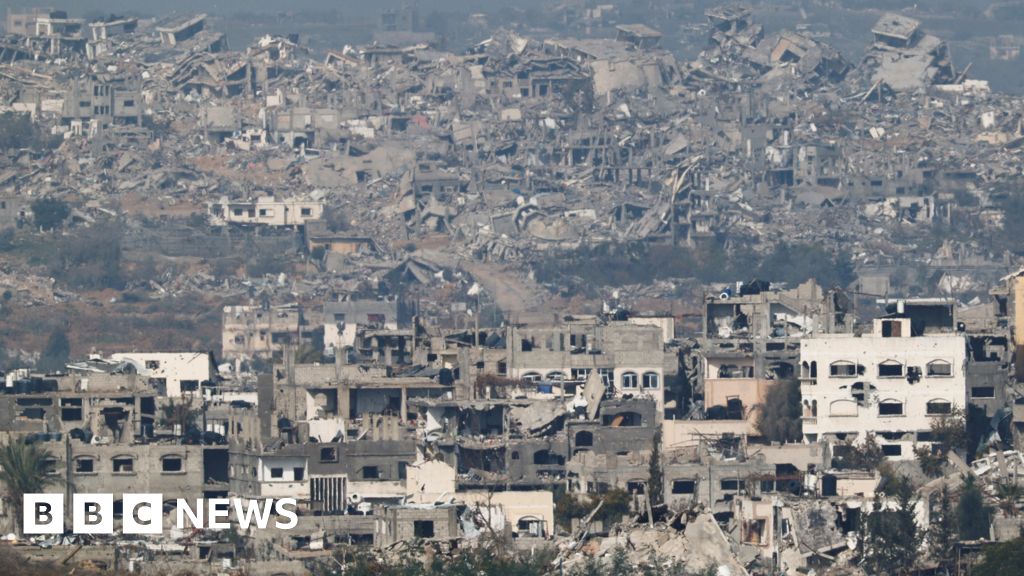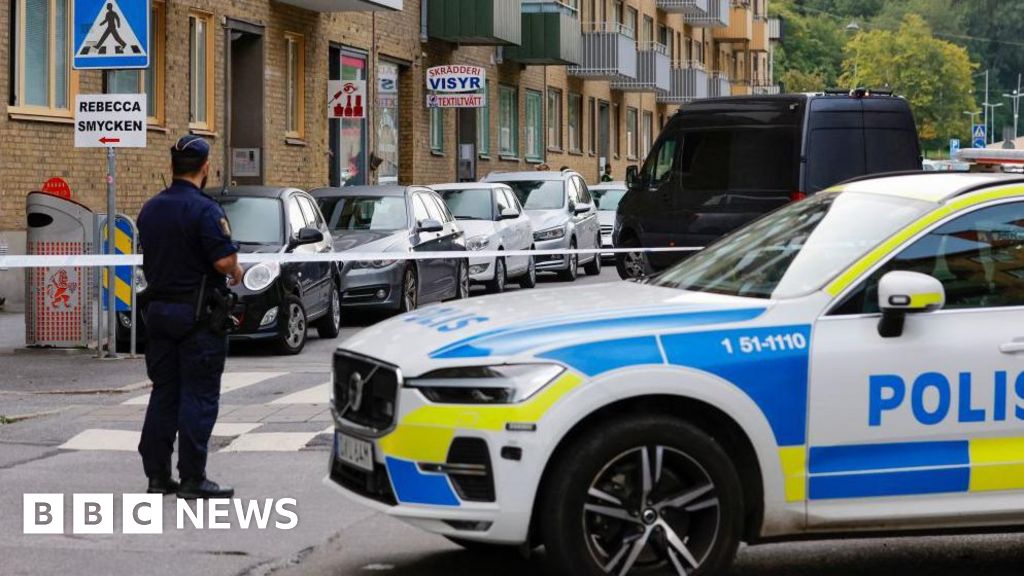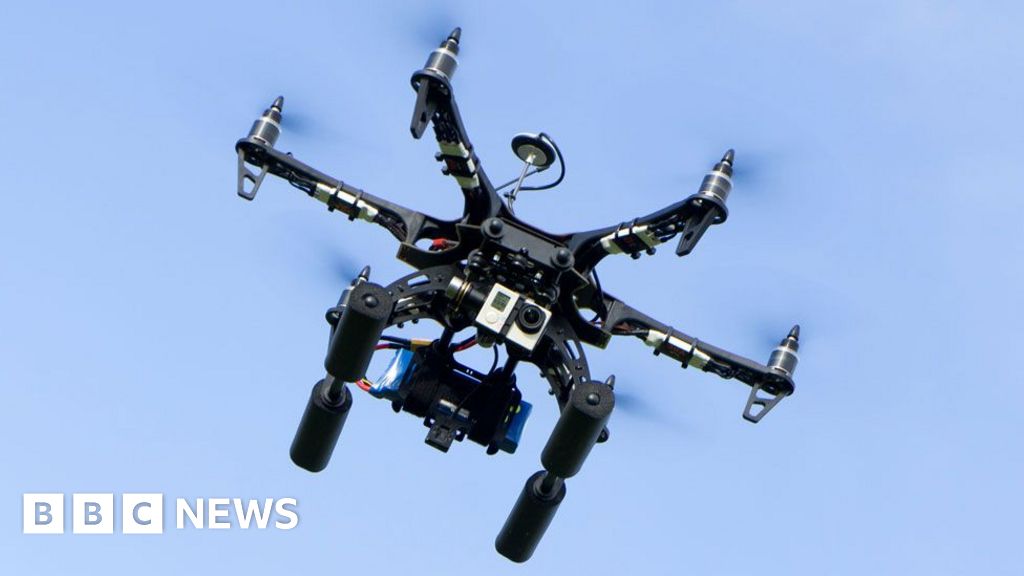ARTICLE AD BOX
image source, Getty Images
image captionGermans are set to choose members of the lower house of the federal parliament in Sunday's general electionsGermany's election is too close to call, with the latest polls putting the two main parties fighting to come out top almost neck and neck.
Polls suggest an unusually tight race between outgoing Chancellor Angela Merkel's centre-right CDU and the Social Democrats.
Politicians vying to replace her are to make their final appeals to voters on the last day of campaigning.
Mrs Merkel has dominated German politics for 16 years as chancellor.
She is due to appear at a rally alongside her party's candidate to replace her, Armin Laschet, in the city in Aachen on Saturday.
Mrs Merkel had vowed to avoid the election campaign, but her party has lost what was a comfortable lead in the polls and is now trailing just behind the Social Democrats - the junior partners in the current coalition government.
The Green Party is on course to come third, but could still feature in government; analysts say a wide range of coalitions could be technically possible, if politically tricky, to negotiate.
The SPD's success is largely attributed to its candidate, current Finance Minister Olaf Scholz, who exudes the same understated calm many have admired in Angela Merkel, says the BBC's Jenny Hill in Berlin.
The vote in Europe's biggest economy, which stands at the heart of the European Union, is being closely watched by allies on the continent and around the world.
Germans are set to elect members of the lower house of the federal parliament, the Bundestag, made up of at least 598 seats, and usually more. Some 60.4 million Germans over the age of 18 are eligible to vote.
Although the winning party becomes clear on the night, the make-up of the next government is only known once the winner is able to form an absolute majority in parliament with one or two other parties, meaning Germany's new leader will not be known immediately.

 3 years ago
29
3 years ago
29








 English (US) ·
English (US) ·